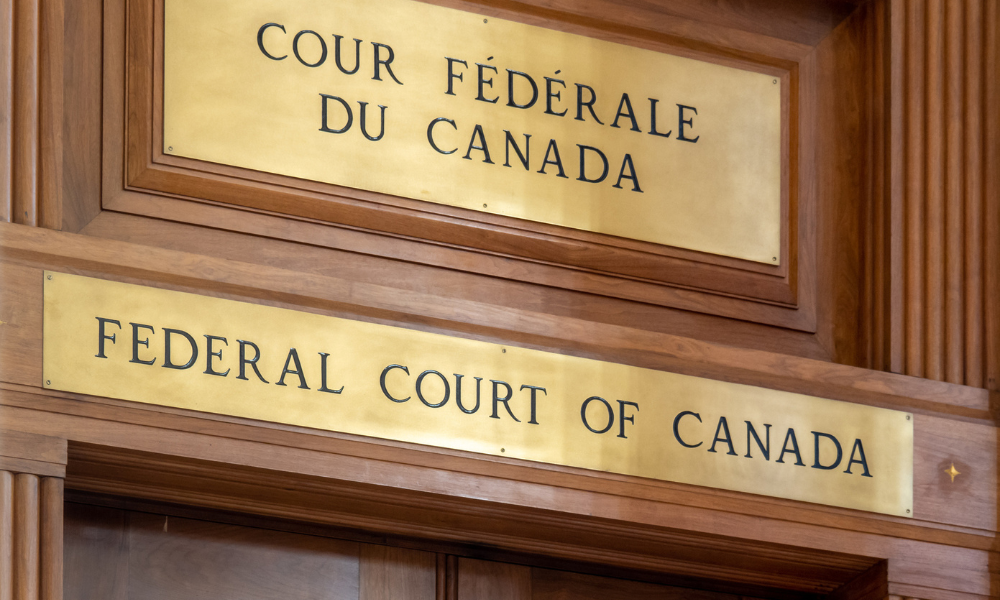The case concerned alleged infringement of certain goods for therapeutic treatments

The Federal Court has ruled on the principle of "litigation privilege" in a recent patent infringement case.
The case of CRB Consulting Inc. v. Massage Addict Incorporated, 2023 FC 1215, involves a patent infringement action. The plaintiff, CRB Consulting, claimed rights in Canadian patent 2,636,116 or the "116 Patent," which generally relates to a method and apparatus for providing compensation for therapeutic treatments. The plaintiff alleged that the defendants had infringed the 116 Patent.
The defendants brought a motion for security for costs, asserting there was reason to believe that the plaintiff has insufficient assets in Canada available to pay the defendant's costs if ordered to do so. A private investigator submitted an affidavit to support the application. The plaintiff's counsel cross-examined the private investigator. During the cross-examination, the defendants refused to produce the investigator's file notes and a report from the investigator to counsel for the defendants based on litigation privilege.
The plaintiff moved to produce the file notes and report based on the argument that the defendants had waived the privilege. However, the federal ultimately declined to conclude that there had been an express waiver of privilege over these documents. The court also rejected the argument that an implied waiver based on fairness existed.
The federal court explained that Rule 94, which addresses the production of documents on an examination, sets out a positive obligation to produce certain documents for inspection at an examination but specifically excepts documents for which privilege is claimed.
The court noted from case law that the purpose of litigation privilege is to create a "zone of privacy" concerning pending or apprehended litigation. Once the litigation has ended, the privilege to which it gave rise has lost its specific concrete purpose.
The court further considered that litigation privilege protects against the compulsory disclosure of communication and documents whose dominant purpose is preparation for litigation. It is a class privilege that exempts the communications and records that fall within its scope from compulsory disclosure, except where one of the limited exceptions to non-disclosure applies.
Given its importance, the court emphasized that litigation privilege cannot be abolished by inference or lifted without a clear, explicit and unequivocal provision.
The court was satisfied that the litigation privilege protected the file notes and report. The court found that the documents were created for the dominant purpose of litigation and that litigation was pending.
Furthermore, the court highlighted that the party asserting a waiver of privilege bears the burden of establishing the waiver. The court was not satisfied that an express waiver over the litigation privilege was attached to the file notes and report. The court found that these documents were not included or relied on in the defendants' materials on the security for costs motion.
The court further noted that while the file notes were open on the investigator's computer at the beginning of the cross-examination, he closed the document immediately after the discussion among counsel as to whether those notes should be produced. The court found no indication that the witness referred to or relied on these notes to answer questions during the cross-examination.
Furthermore, the court refused to accept the plaintiff's argument that file notes and reports should be disclosed to enable it to test the defendants' evidence and to ensure that the court is not misled when adjudicating the security for costs motion.
Accordingly, the court dismissed the motion to produce the file notes.










